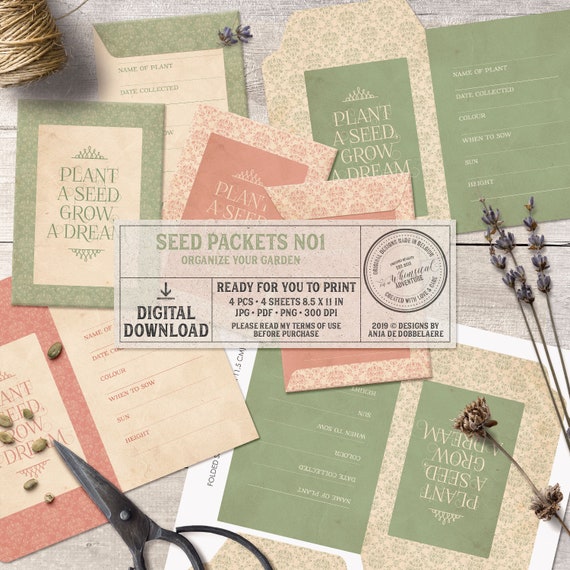
So again, we are seeing a reduction of our resilience – most of our seed “eggs” are in a few big, overseas “baskets”! With increasing globalisation, most seeds are now grown overseas - in 1959, for example, 600 hectares in Essex were under cultivation for broad bean seeds by 1980, only 200 hectares were used for growing all flower and vegetable seed across the whole UK. Of course, there are benefits to this legislation – it means that people can be confident, when they buy seed, that it is actually the variety it’s supposed to be! But it’s debatable whether that makes up for the lost diversity. So we have seen a massive loss in the genetic variation of seeds, making us less resilient to disease or changes in growing conditions – just when, with climate change, we’re seeing big changes in growing conditions. The cost involved means that many old varieties, especially those more of interest to smaller-scale growers, never made it onto the list, and most of the new ones are designed to suit farmers and supermarkets. Even after the variety has been added to the list, someone needs to be its official “maintainer”, and pay an annual fee.

(Of course that may change with Brexit…) And the only way new varieties can be admitted to the National List is for someone to submit them for testing – an expensive business. Many will know that legislation determines the seed varieties which can be sold in the UK – if it isn’t on our “National List” or on that of one of the other EU countries, it can’t be sold commercially. Seed saving and Seed Sovereignty - an introduction by Martin SherringĪnyone with a veg plot will have marvelled at the amount and variety of food that can be produced by tiny seeds, and will know the annual ritual of poring over seed catalogues – but it’s worth spending a few minutes thinking about how the seeds got into their packets! Here are a few concerns you may want to bear in mind. This enables communities to become more resilient to climate change and the industrial processes which have caused the many crises we now face. By reviving indigenous knowledge and protecting sacred natural sites, local self-governance is strengthened. Together with long-term partners in Africa, South America, Asia and Europe, we work with local communities to secure land, seed, food and water sovereignty. The Gaia Foundation is passionate about regenerating cultural and biological diversity, and restoring a respectful relationship with the Earth. The focus is primarilly on vegetable seeds and specifically for Scottish growing conditions.
#Seed savers garden planner professional
These courses aim to train seed savers in Scotland to a professional level. With the Seed Sovereignty programme planning for another 3 years, an ambitious seed training programme will be rolled out in Scotland over two years. The Gaia Foundation Seed production training courses for 2021

Home » Food & Growing » Seed Saving Seed Saving Introduction to Seed Saving in Scotland


 0 kommentar(er)
0 kommentar(er)
